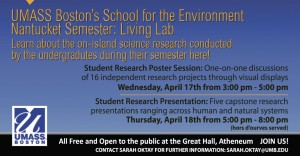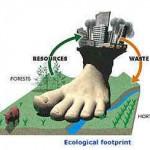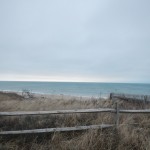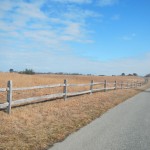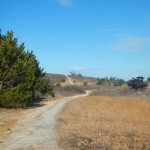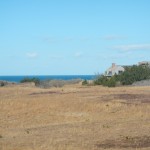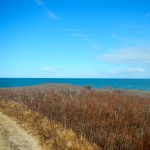University of Massachusetts Boston
School for the Environment
LivingLabs: Nantucket
Focus Group
You have been invited to participate in a Focus Group for a student research initiative regarding Nantucketers, Environmental Issues and how different forms of media affect attitudes and opinions.
The Focus Groups will be short (30-40min)
There will be an initial survey asking for basic demographic information (i.e. Age, Education Level, etc.)
You will then be shown 10-12 media (images, infographics, digital clips) regarding Environmental Issues
After each form of media you will be asked to answer 5 Yes / No questions
(Ex: Do you think the media you’ve seen informed your understanding of Environmental Issues with a new perspective? Yes / No)
The Focus Groups will take place at the NRTA’s Greenhound Building
(6 Washington St, Nantucket, MA)
Please choose between the date below to participate in a Focus Group:
Tuesday, 2 April, 5:30 – 6:15 PM
Wednesday, 3 April, 5:30 – 6:15 PM
Thursday 4 April, 5:30 – 6:15 PM
Your presence is greatly and graciously requested to help invigorate the spirit of environmental inquiry on Nantucket!
***
If you are interested in attending a Focus Group:
Please contact Connor McKay; Student, LivingLabs
(603) 714-5244 or Connor.McKay001@umb.edu
Please RSVP at your earliest convenience/ Before the date you will attend


